I want to be me when I grow up
My four year journey as a the UC-Berkeley soccer player taught me resilience.
You often don't know the things that truly define the people you look up to. I’ll bet that the majority of people reading this don’t know that LeBron James has the most missed shots ever in the NBA, surpassing the previous record holder, Kobe Bryant.
Failure defines you, which is why I have never wanted to grow up to be like anyone. I have always wanted to grow up to be like me.
I distinctly remember a teammate laughing while asking, “Why do you always tell your stories like you're the underdog?”
Being one of my closest friends, maybe she never saw me as one. Or maybe she just found it funny because I’ve always had a tendency to embellish stories to make them more entertaining. I laughed and went along with it.
But that same teammate made the U12 Olympic Development Program (ODP) team — the same team I got cut from in the final round of tryouts. In the grand scheme of things, it was minuscule. But when I was 12, it was like missing out on the National Team. ODP meant you were the best of the best. So not making it — not just once, but three more times after that — made it feel like I was consistently the worst of the best.
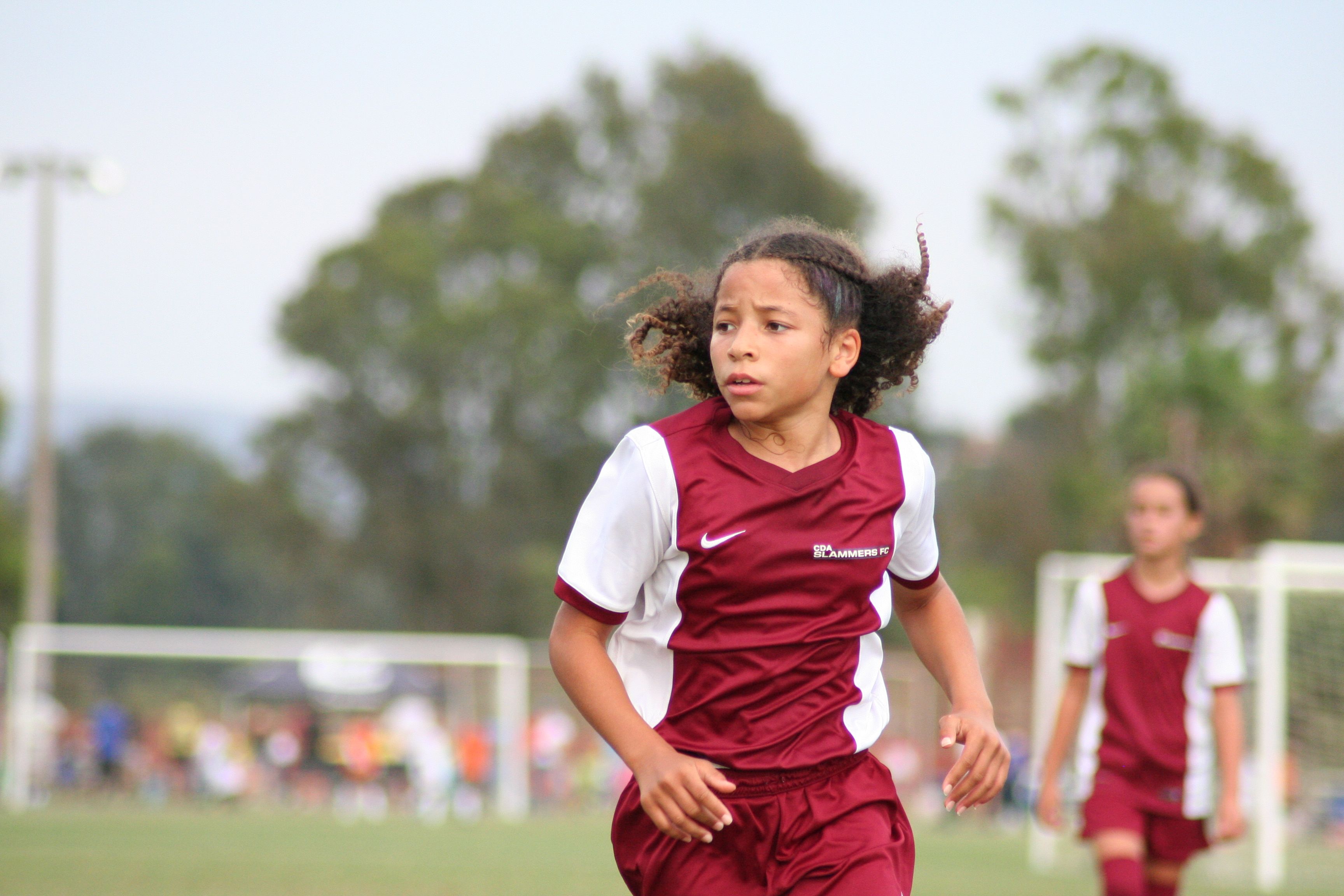
Around that same time, I got a new coach, who, even a decade later, I might still say I gravely dislike. He benched me for the last three games of the season and it changed my love for the game.
The drama, I know — like I said, I’m dramatic.
But honestly, at the time, it felt like benching Caitlin Clark. I’m not saying I was the best player on the team, but before this coach, I had never, since starting soccer at age four, been benched for more than five minutes, and even then, it was just to grab some water. That same coach said I’d never play collegiate soccer.
That’s my villain origin story.
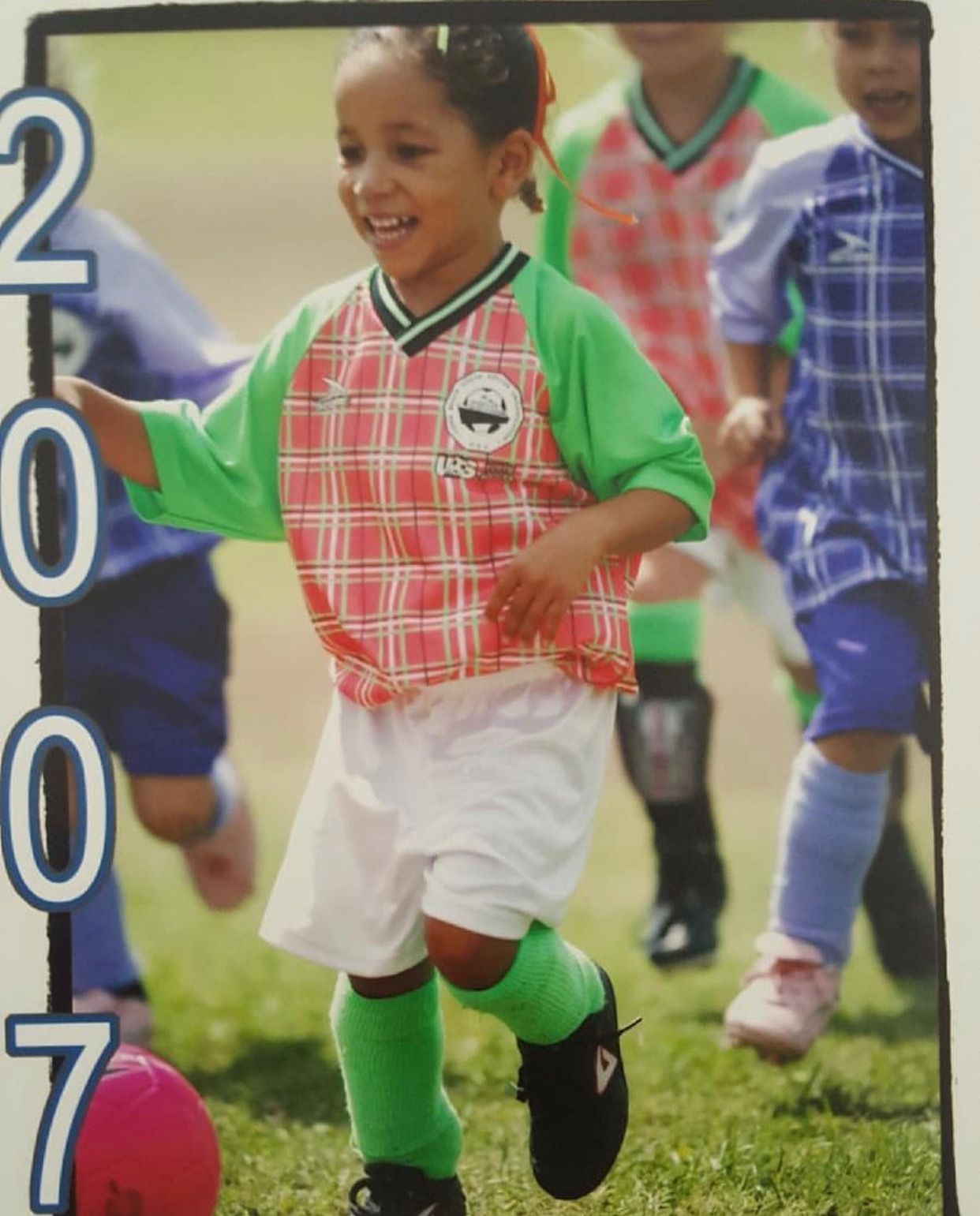
In spite of that coach, I was recruited to play Division I soccer at 15 years old as part of the number one recruiting class in the nation, but that underdog mentality never left me. The COVID-19 pandemic in 2020 stole my call-up to the U17 National Team camp, quietly closing a door I had spent years working toward.
But while the world was on pause, I kept moving. With team practices canceled, I trained twice a day on my own, chasing improvement with quiet determination. Random pickup games turned strangers into friends and open fields into opportunities. In that strange, uncertain time, I laid the foundation for the player I would become.
By the time the world reopened, I was in the best shape I had ever been—and then I tore my ACL, three months before my collegiate debut.
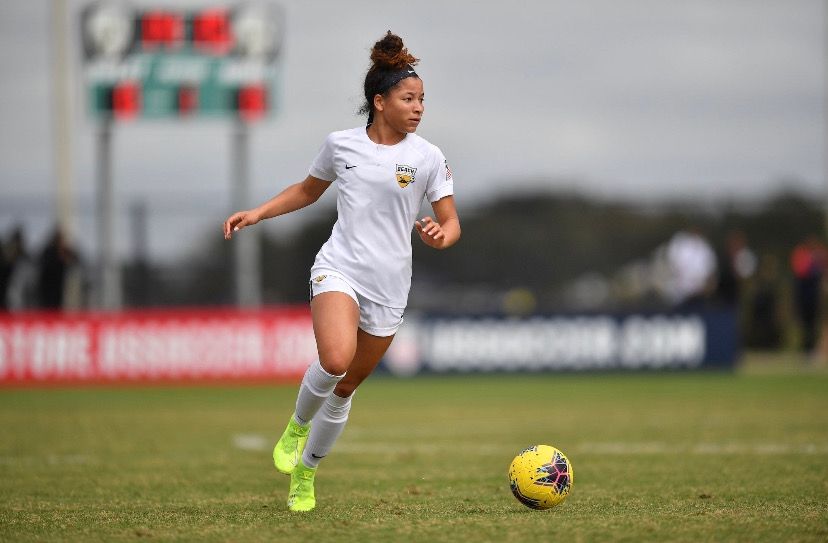
My freshman year of college tested me more than any game ever could.
I was fresh off of surgery, adjusting to a new level of independence, new teammates, and juggling the weight of STEM classes. I wasn’t sleeping or making connections socially, and my grades were slipping. But the hardest thing was attending practices, which I couldn’t physically participate in.
Still, I made what I thought was a real effort to contribute. I stood in front of hundreds of people at home games, leading cheers, bringing energy, trying to lift everyone around me. I was the loudest one in the stadium—but somehow, I was still forgotten. It felt like no one remembered the effort I made when just getting out of bed was the hardest part of my day.
When I was finally cleared to play my junior year, I wasn’t seeing the field. My competitiveness made it hard to hide how frustrated I was. My body language, my distance, my silence—it all spoke louder than I meant it to.
I’ll never forget my coach pulling me aside and saying,
“If you keep this attitude up, you’ll never see the field.”
And all I can remember thinking is that “I won’t see the field anyway."
Nevertheless, that was my wake-up call…well, it had to be said a couple more times by multiple different people. But I eventually got the message.
Between junior and senior year, I made a choice: if my attitude gave my coach an excuse to bench me, I’d take that excuse away. I started showing up differently. I greeted every teammate. I engaged with coaches. I brought energy to every practice. And it wasn’t fake—it was just the best version of me, showing up every day no matter how I felt.
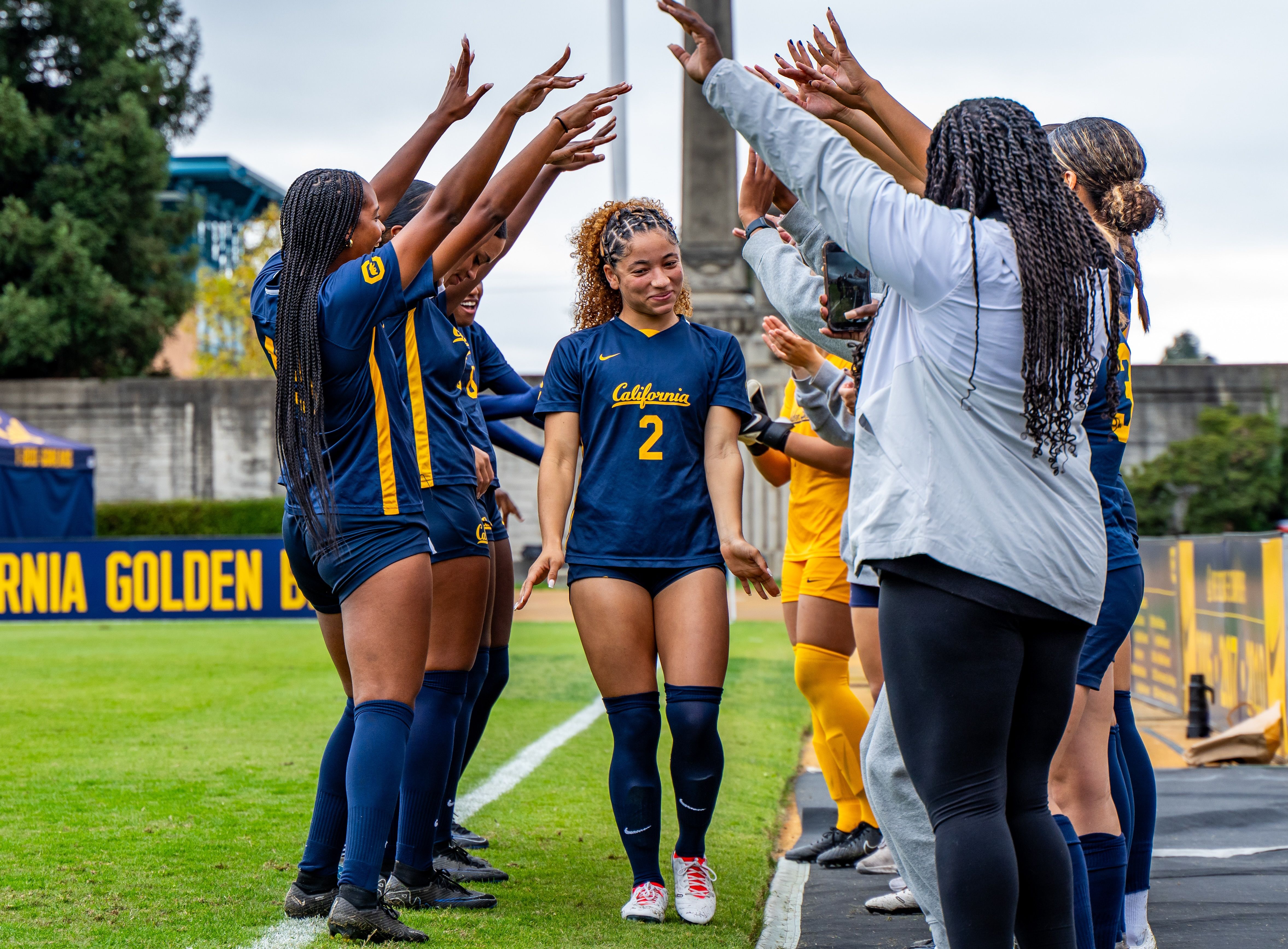
During my senior season, I averaged 20–30 minutes per game. It had its ups and downs, but it was only my second full collegiate season, and I was proud of how far I’d come. With the intent to return to Cal to play for a fifth year, I was named captain and secured a starting position.
Spoiler alert: In a spring game, I tore my ACL again — and threw in a torn meniscus for good measure.
Life’s getting a little redundant. But, I’m not done.
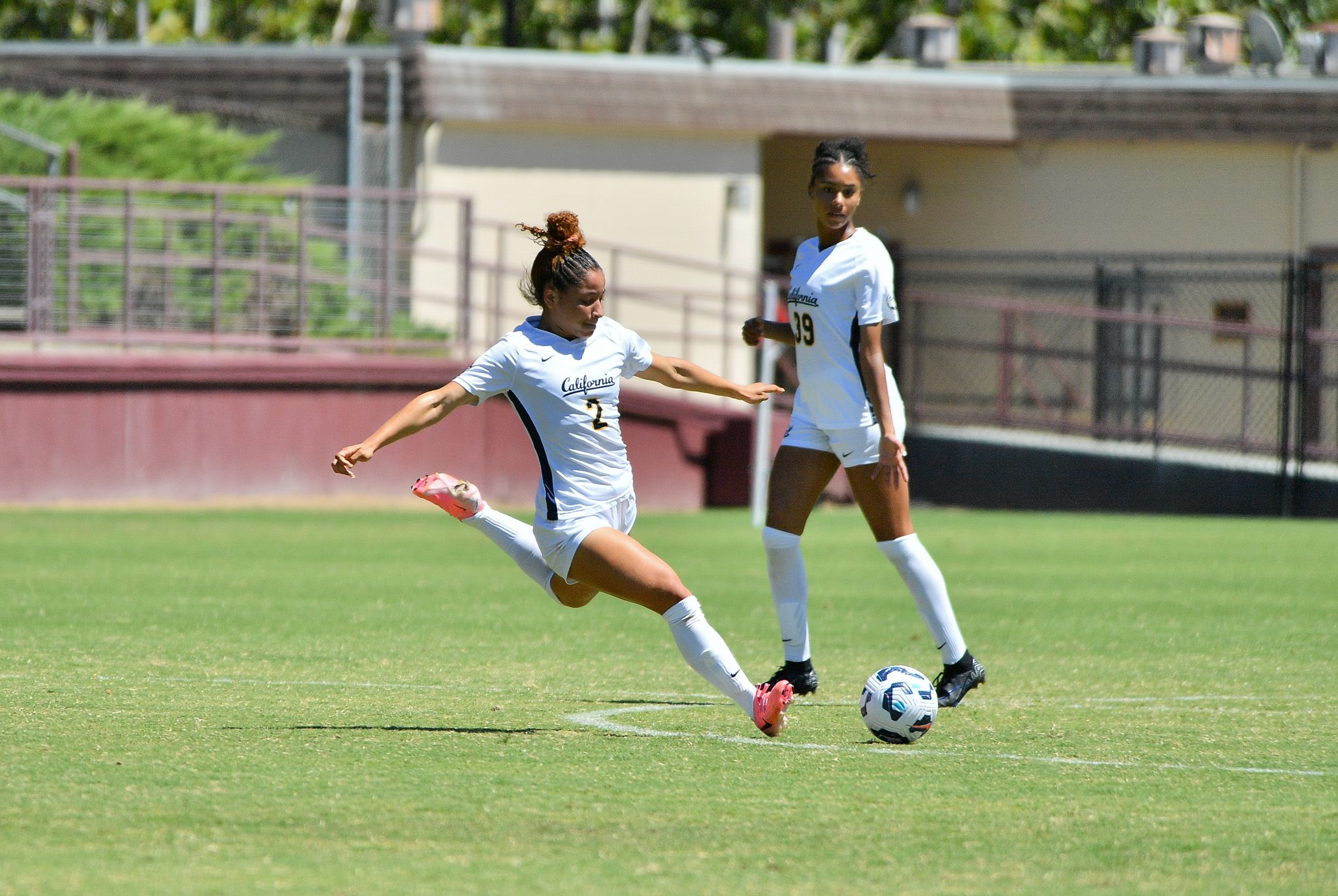
With eligibility to play collegiate soccer until I’m 24, I had to sit back and ask myself how I wanted to handle this. The internal peace came when I came to terms with my path that doesn’t have to align with anyone else's—my time will come, with time. I’ve accepted that I’m still etching my way through collegiate athletics while my peers have started careers as professional athletes or working professionals. The journey I’m on is mine alone, and every setback has taught me that resilience is a choice.
The underdog mentality that was a joke? It’s now the reason I know that I'm still going to play professional soccer without significant accolades to support the claim. It’s how I show up every day as a leader, even when I can’t be on the field. It’s how I handle the slow grind of rehab without losing my mind. It’s why I (mostly) don’t crash out when things don't go as planned. Because even if you don’t know my name yet, I’m going to keep missing shots until you do.
The thing about the players we idolize — LeBron, Kobe — is that they aren’t remembered because everything went right for them. LeBron holds the record for the most missed shots in NBA history, but nobody calls him a failure. We only talk about his greatness.
Being an athlete, just being human, isn’t always about winning. It’s about how many times you’re willing to lose, fall apart, get benched, get laughed at, and still bet on yourself. It’s about how you impact those around you, even when you're not at your best.
I’ve been counted out more times than I can remember. But every time, I kept showing up, quietly stacking bricks when no one was watching. I’ve been built in the dark, polished by setbacks, and cemented with wisdom. And now, facing yet another ACL tear, I don't compare myself with anyone else.
Why would I?...
I’m not trying to grow up to be like anyone. I'm still growing up to be like me.
